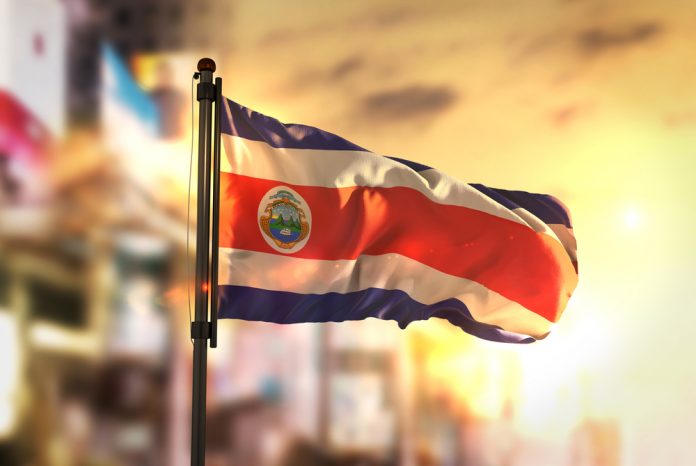Most lotteries in Latin America suspended their activities in March, as their respective governments announced different types of quarantines to prevent the COVID-19 spread.
Although in many countries there’s still no progress when it comes to restarting the activity, the vendors in Costa Rica have been protected by a number of measures adopted by the Costa Rican Social Protection Board (JPS), the local regulator.
On May 8, the National Lottery and Popular Lottery resumed their draws alternately. Vendors are not subject to penalties in case they return the tickets, and those who withdraw all products receive promotional items.
In addition to those benefits, at the end of March the JPS funded with its own resources a subsidy for independent vendors. Although some operations have been resumed, the Board confirmed that the $550m subsidy will continue until June, since they understand that in some cases “this is the only income that most of them have.”
In an exclusive interview with Lottery Daily, Esmeralda Britton, president of the Board of Directors of the JPS, said that the entity is promoting and boosting the use of new technologies and payment methods to reduce the use of physical currencies to adapt to this new reality.
“We designed and offered vendors a platform for virtual training. There, they can add their personal information that is then made available to people in the same region so they can be contacted and then set a transaction,” said Britton.
In April, the Board of Directors proposed a new agreement to distribute the lottery, which would lead to the online sale of lottery tickets that haven’t been withdrawn by vendors. “One of the innovative options includes the online distribution of unsold tickets through a technological platform. Establishing a distribution channel in this platform is subject to an agreement,” said the president.
An online distributor will be selected after meeting the requirements, conditions and specifications established by the Regulations for the establishment of the Distribution Channel of pre-printed Lotteries through a technological platform. Once the conditions are verified, the JPS will sign an agreement with the company.
“The Board reserves the right to set the number of distribution channels it authorizes under this regulation, in accordance with market conditions,” she added.
The JPS will enable a single digital channel for the lottery distribution, through an agreement that falls under the Lottery Law, articles 4 and 113.2 of the General Law of Public Administration, the Law that governs the JPS and other provisions of the Costa Rican legislation.
According to Britton, the goal is to be operational by June 2020, and communication with customers will be through digital marketing tools.
Post-pandemic changes
One of the biggest challenges will be to normalize operations once the government allows it. Although the dates can’t be predicted, the JPS has already implemented some measures to ensure a smooth transition: “We have resumed the start of draws gradually, and we will have to adjust to the new normal. For now, we’ve only started Popular Lottery draws, and later this month we will bring the National Lottery to the market again,” she said.
In addition, the JPS will analyze what plans can be implemented to serve those players who have changed their preferences during the pandemic once the platform is live. Then, they will learn from consumer behavior and preferences, to adjust them to the market needs.
“The JPS hopes that commercialization gets stronger so vendors can generate income again.”




























